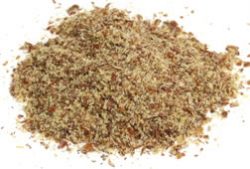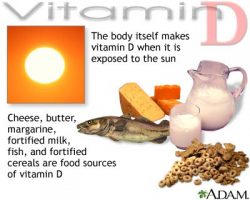A total of about 100 eating tips for a healthier lifestyle. These are a giant list of simple and easy eating tips that can help you live healthier starting today. Do you think you can integrate 100 eating tips into your life right now? I don't. The best thing to do is to copy this list somewhere, … [Read more...] about 100 Eating Tips For A Healthier Lifestyle
Nutrition
Does Fiber Help You Lose Weight?
Fiber – we can’t digest it and it provides us with no calories or nutrients, yet we know that it’s good for us and most of us need more. What is it exactly, and what is it about fiber that makes it so healthy for us? What is Fiber? Fiber is simply the part of the plant foods we eat that … [Read more...] about Does Fiber Help You Lose Weight?
Health benefits of Beer
I would like to start this post just by saying that I know that there are many horrors of alcohol abuse and not just benefits of beer and that there are many reasons why drinking alcohol may lead to an early exit. But at the same time I just bottled my fourth batch of home made beer, Barons Beer … [Read more...] about Health benefits of Beer
Vitamin D Requirements, Deficiency, and Supplementation
Vitamin D is found in many dietary sources such as fish, eggs, fortified milk, and cod liver oil. The sun also contributes significantly to the daily production of vitamin D, and as little as 10 minutes of exposure is thought to be enough to prevent deficiencies. The term "vitamin D" refers to … [Read more...] about Vitamin D Requirements, Deficiency, and Supplementation
Reminder of 21 day free fitness tips
A few months ago I rolled out a series of emails that people could subscribe to for free. You may have seen the sign up form on other pages of this blog but I wanted to remind you about it now that spring seems to be poking out around the corner and so many of us are thinking about improving our … [Read more...] about Reminder of 21 day free fitness tips




